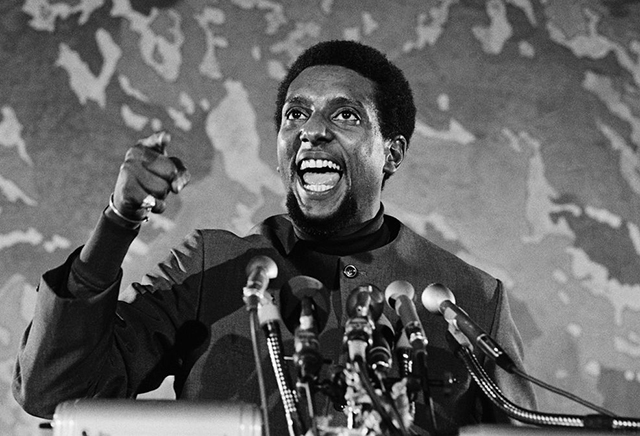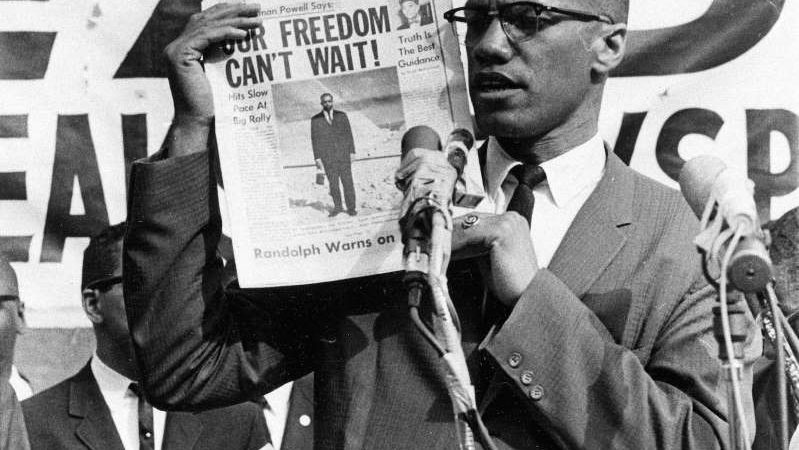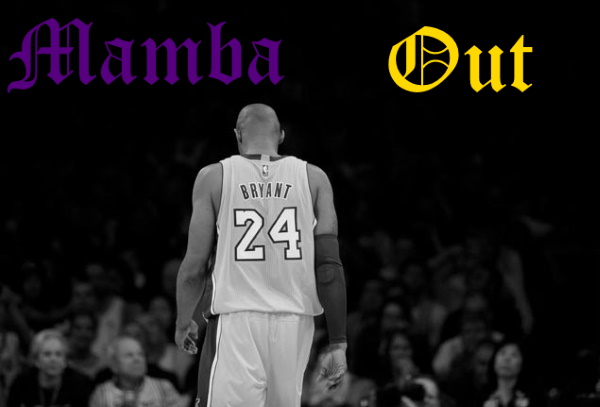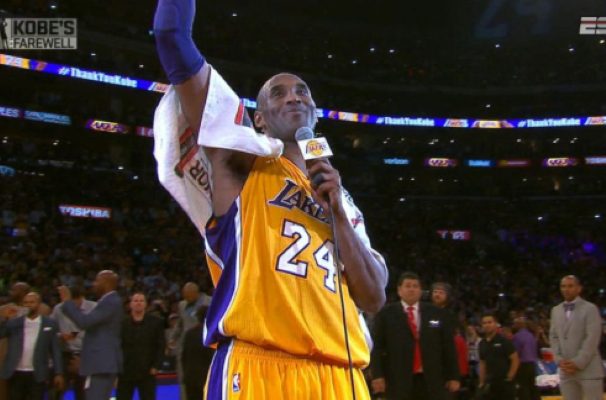Hip-Hop journalism used to be very much like the culture it covered: unbound, candid, and raw. In the 1990’s, publications such as The Source had a stable of writers that weren’t afraid to challenge readers and even artists when necessary. There was a certain level of fearlessness and professionalism when applying their craft. The rise of the internet has, to a large degree, bastardized all forms of entertainment journalism. The blogosphere is filled with self-proclaimed writers who are nothing more than mean spirited gossip mongers. They indulge their id and exorcise their own personal demons at the expense of that which they cover. If artists are to be held accountable for their words and actions, what about the journalists who make such judgmental demands? Who polices us?
Contrary to popular belief, being an entertainment journalist is both an honor and a privilege. It comes along with a great many perks, not the least of which is the chance to hold court with the artists who shape popular culture. Such opportunities give fanboys and enthusiasts a chance to feel as though they are a part of something special. In the case of Hip-Hop, many journalists are aspiring (read: frustrated or failed) rappers and producers themselves. In such cases, being so close to the spotlight can be just as intoxicating as basking in its glow. It’s a virtual contact high. Well, chemically induced states of euphoria often have side effects, and familiarity often breeds contempt. Writers tend to forget themselves amidst delusions of grandeur, or allow personal insecurities to inform their work.
On the flip side, rappers often find themselves at the mercy of so called nerds and geeks. The kind of ineffectual guys that most people couldn’t be bothered to acknowledge back in high school. While that characterization is certainly overstated, it does have some merit. Nerds often observe the cool kids from afar, envying their position in the social hierarchy of adolescence. Likewise, mainstream rap music can be thought of as the veritable “cool kids table” of the pop culture stratosphere. Journalists spend lots of time observing and analyzing from afar, much as they have done their whole life. Just as in High School, the social hierarchy of the entertainment industry can foster feelings of jealousy in those looking at it through a microscope.
Americans tend to exhibit a sense of entitlement in regards to the rich and famous. Invasions of privacy and unfair treatment by the press are considered par for the course, that is, the price of fame. Entertainers are often seen as prima donnas who are woefully overcompensated for providing what amounts to a disposable amusement. Such viewpoints are endemic of America’s love hate/relationship with celebrity. By that rationale, anything that a popular entertainer endures at the hands of the press or the public is considered fair game.
Many writers, without realizing it, adopt and exhibit such attitudes with their coverage of Hip-Hop. Rappers make the easiest targets in that regard, seeing as how so many openly flaunt their wealth and success. Striking the proper balance when covering Hip-Hop can be especially difficult. Hip-Hop publications have devolved into glorified PR departments; offering articles and interviews that that are nothing more than mere fan service.
Should entertainers be held accountable for their words and actions? Most certainly, but so should those of us who offer our critiques and observations of their behavior. When transitioning from hobbyist/enthusiast to industry professional, there are certain rules and codes of conduct that are inherent to the territory. When holding someone under a microscope, it’s important to remember that the person on the receiving end doesn’t have the luxury of a detached perspective. Entertainment is their livelihood. It’s what they do, not merely something they get paid to offer an uninformed opinion on. As writers, we must remember that our quirks and personality flaws are not subject to the same level of constant and intense scrutiny. It’s all too easy to regard someone else’s life and work with scorn, to the point where it becomes casual. In such cases it’s important to remember Method Man’s words from his first ever duet with Redman, “How High”: “Fuck a Rap critic/He talk about it while I live it.”
Follow Malice Intended on Twitter @ http://twitter.com/renaissance1977
Follow Us on Twitter @ http://twitter.com/planetill
Join Us on the Planet Ill Facebook Group for more discussion
Follow us on Networked Blog






One thought on “Revenge of the Nerds: How Rap Journalists Undermine Hip-Hop”